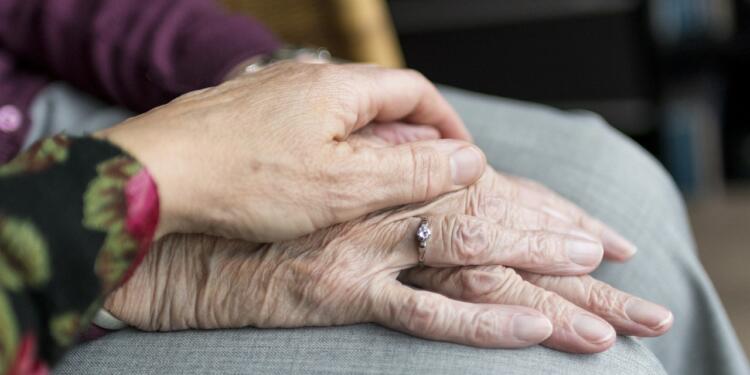The percentage of older adults is growing fast across the globe, and the US is no exception, with statistics showing that the population is older today than it has ever been. This has implications not only for senior themselves but also for family and friends who are for them. A recent study published in the International Journal Of Community Medicine And Public Health has shown that caregiver burden is a serious issue. In a majority of countries, female informal caregivers experience a heavier psychological burden than their male counterparts. Statistics also show that most experience significant levels of stress, anxiety, and depression, leading researchers to conclude that there is a need to utilize multifaceted interventions to alleviate caregiver burden and address the psychological manifestations of this role.
Putting Things In Context
Around 100 million US adults function as caregivers, providing care for a child, parent, or other family member. In countries like India, meanwhile, caregiving duties are usually provided by family members, with extended family, friends, and neighbours sometimes helping out. The feelings about having this duty are mixed, with some viewing the caregiving role positively and others stating that it can be burdensome. Many studies have shown that caregiving can result in symptoms of poor health, tiredness, and stress. Moreover, spending hours a day caring for loved ones can involve high financial costs, which families may be unable to face.
Current Policies in Place
Several policies have been established globally to support and protect the elderly. In the US, for instance, if someone with a disability receives Medicaid, their state may permit a friend or family friend to become a paid caregiver. Some long-term care insurance policies also allow family members to get paid as caregivers and offer paid family leave. In states that do not have paid family leave programs, Area Agencies on Aging (AAAs) can help with counseling, day care programs for older adults, meal deliveries, and similar. Specific programs are also available for veterans. In India, meanwhile, the National Policy on Older Persons (NPOP), which aims to improve the quality of life for elderly people through numerous initiatives. Another key piece of legislation is the Maintenance and Welfare of Parents and Senior Citizens Act, 2007, which stipulates that children are legally obliged to provide aid to their ageing parents or grandparents. Moreover, numerous programs (such as the Rashtriya Vayoshri Yojana and Pradhan Mantri Vaya Vandana Yojana) have been implemented to provide assistive devices, financial support, and other types of aid to the elderly.
More Help is Needed
Current global initiatives are lacking in number, size, and scope. Government policy can improve by offering caregiving training programs to teach family members how to provide some types of medical care and react correctly in the face of emergencies. Additionally, both long- and short-term respite care, can help caregivers take necessary breaks to focus on self-care and reduce the likelihood of burnout. The elderly can also benefit greatly from attending respite centres to receive useful therapies such as occupational, physical, and psychological therapy. More financial assistance is also required in areas such as tax deductions, subsidies for in-home care, direct caregiver stipends, and other measures that can reduce the financial burdens of caregivers.
More Consistent Efforts Are Required
A second key issue is the decentralised nature of elder care. State and local governments are often in charge of executing central government policies as required by their regional contexts. Currently, care is inconsistent in many countries. For instance, in India, states like Kerala have much more efficient elder care policies. In Karnataka, meanwhile, the elderly are provided with assistive devices that improve their mobility and quality of life. This has been made possible by a smart collaboration between state health departments and local NGOs.
The global population is aging and families in many countries are providing caregiving duties. While many family members report that providing care for loved ones is satisfying, they also admit that it can be a burden on their mental health and finances. To meet the needs of the elderly more effectively, governments must not only embrace innovative approaches and technology but also find ways for states to adopt more uniform models based on successful collaborations and initiatives. They must also offer greater financial assistance comprising tax deductions, subsidies for in-home care, direct caregiver stipends, and other measures




























